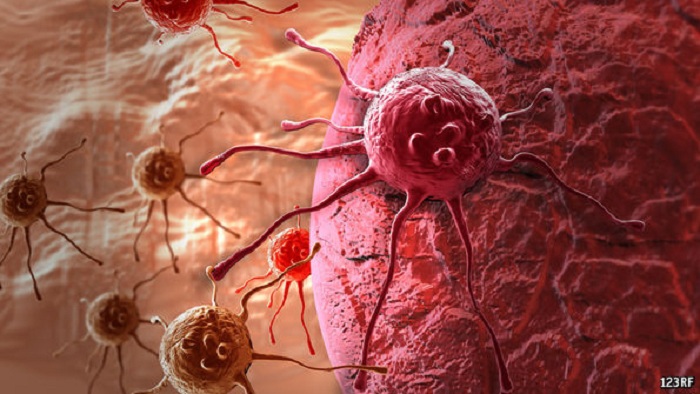Much progress has been made since. Thanks to a much deeper understanding of cell biology and genetics, there exist today a growing number of targeted therapies that have been designed at a molecular level to recognise particular features specific of cancer cells. Along with chemotherapy, surgery and radiotherapy, these treatments—used singly and in combination—have led to a slow, but steady, increase in survival rates. Childhood cancers and breast cancers are much more curable now than they used to be. But there remains much work—and research—to be done: some of the most promising new cancer medicines are the product of our deeper understanding of how cancer cells mutate and escape removal by the body. Cancer is seen today less as a disease of specific organs, and more as one of molecular mechanisms caused by the mutation of specific genes. The implication of this shift in thinking is that the best treatment for, say, colorectal cancer may turn out to be designed and approved for use against tumours in an entirely different part of the body, such as the breast.
There is a great deal of promise from another new therapy, called immunotherapy, which harnesses the body’s own immune system to fight cancer. It has been successful in inducing long-term remissions of hard-to-treat cancers in about a third of patients in ongoing trials. An active area of investigation is to predict which tumours respond to this and other therapies on offer. The world has still not cured the many cancers that exist. But over the next five to ten years the era of personalised medicine could see enormous progress in making cancer survivable.
/The Economist/
More about:


























-1745485667.jpg&h=190&w=280&zc=1&q=100)





















